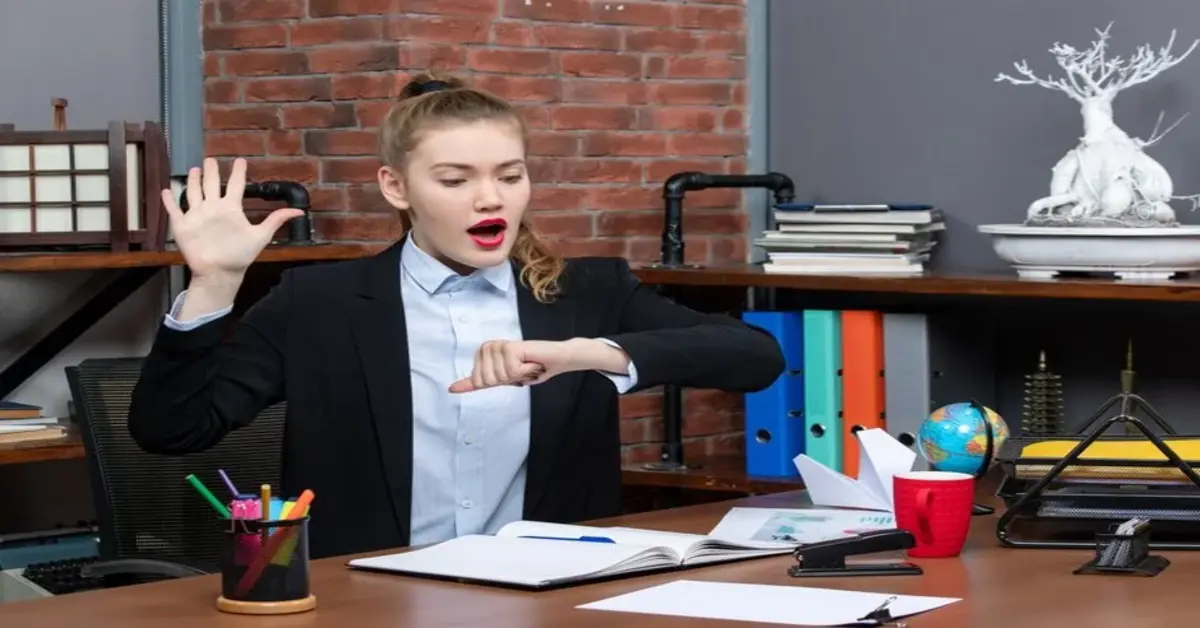In the fast-paced world we live in, the ability to make effective decisions in a short period is a skill that holds paramount importance. Whether it’s a split-second choice on the road, a quick business decision, or a personal life-changing moment, our lives are shaped by the decisions we make. But how can we ensure these decisions are the best ones? This guide will delve into the art and science of rapid decision-making, providing you with practical strategies and insights to enhance your decision-making prowess, even when time is not on your side. Let’s embark on this journey to master the art of swift and sound decision-making.
Mastering the Art of Quick Decisions-Making: A Comprehensive Guide
It was midnight and we’d congregated at Islands Sports and Spirits in Coronado, California. It was a cheap bar that, like many, used sports as a pretense for drinking buckets of beer. My friend Jen was outside talking to our friend, Amanda, giving her much-needed relationship advice.
They’d been outside for some time. I glanced out the window and saw Jen waving her hands around dramatically as she talked. Amanda sat on the sidewalk curb, crying, upset about some mishap with her boyfriend, who was an immature and unreliable partner. It was your typical early-20s relationship drama.
I was happy seeing Jen help a friend in need. But part of me wondered, “Is Jen the best person to give relationship advice?” She was 31, and on her third marriage already. She had a killer’s row of exes, including one who was in prison. It felt like the blind leading the blind.
Yet, my hasty conclusion was flawed. It’s very possible Jen gave Amanda great advice — not because she’d seen all the good and bad already, but because we view others through an entirely different prism of thought.
This brings us to Solomon’s Paradox, which describes people’s ability to give much wiser advice than they follow themselves. It is aptly named after the biblical figure, Solomon, who was known by his followers for his sagely wisdom. For example, he often preached that one should not marry more than one woman, saying that “He who loves many women is not wise.” Yet, per the bible, he went on to marry 700 women and took on 300 concubines.
A more relatable example might be telling a friend to make up with her mother, whom she is bitterly feuding with. Yet, when you are faced with that same proposition, you might find it much harder to reconcile. It may involve an ego check and swallowing your pride, which is easier said than done for some.
So how do we overcome this problem? How can we live well by the same advice we peddle to others?
The science behind the advice paradox
A study by Dr. Igor Grossmann, at the University of Waterloo, explored the theory of good advice givers, and bad advice followers. They presented a hypothetical scenario to participants, who were told to vividly imagine they were cheated on, and then go through a series of questions. Then, they were asked to imagine a friend was cheated on and go through those same questions again.
On a scale of 1–7, they rated how much they agreed with wisdom-oriented questions and statements, such as these: When experiencing something like this, a person should generally be ready to put the well-being of the relationship over their interests.
How interested are you in gathering more information about the infidelity to form a judgment? How important is it for you to try to search for compromise?
When searching for a resolution to this issue, it is important to recognize the interests of different people involved.
Dr. Grossmann found that people were much better at thinking objectively about someone else’s situation than their own. This is due to the asymmetry between personal and general wisdom. Personal wisdom means you can implement wisdom into your life. General wisdom means you can offer insights into the lives of others.
With some degree of embarrassment, this study hit a bit close to home. I’ve had many friends who were in obnoxiously toxic relationships. It was so easy to give them advice and see the obvious path forward (leaving the relationship). Yet, when I was in their exact shoes, I found myself equivocating and trying to justify staying.
The brain and its many biases, and the need to protect our self-esteem can tangle up decision-making with ease and cloud our judgment. So how does this get resolved? How can we think smarter?
Help others with their thinking
It’s proven that by giving more advice and guidance, we’re more likely to act under that advice, as it keeps that thinking top of mind. A study by Dr. Lauren Eskreis-Winkler found that people struggling with motivation tended to gain motivation when advising others on staying motivated.
I once wrote about the virtues of taking cold showers, while I’d been trying to be more consistent about taking them myself (they are pretty rough — but highly invigorating). Just after researching and publishing about the habit, I found myself stepping into frigid showers more often — and feeling better as a result. There was a feeling of needing to lead by example. I thought, “Who am I to tell people to take cold showers if I’m not even taking them myself?”
Imagine you are taking someone else’s advice
Part of what undermined King Solomon’s wisdom is that we tend to view other problems from a third-person perspective and ourselves through a first-person perspective. It’s only natural.
If you can reverse this, and try to view yourself as an everyday pedestrian, you can untangle those aforementioned biases, and be more thoughtful and objective when navigating conflicts. Researchers call this “self-distancing”, and it can be done in several ways.
One involves writing out the advice. First, write your problem and ascribe it to someone else in a short paragraph describing the scenario. Then write out the advice you’d give them. Then, swap your name in for that person, and revisualize the scenario, and note if you feel a shift in your thinking.
Research shows this exercise promotes intellectual humility, which is tied to better decision-making. The act of writing helps increase the psychological distance between you and the problem by taking the problem out of your mind and putting it down to paper. Seeing it visually adds a new perspective.
Lastly, remember the components of wise thinking
You might wonder, “What exactly constitutes wise decision-making?” Psychologists use a Situated Wise Reasoning Scale to assess participants’ thought processes. Remember these five dimensions as you navigate a conflict:
- Put yourself in other people’s shoes and consider other perspectives.
- Be open to change and visualize multiple ways a situation can unfold and how your actions might play into them.
- Consider the limits of your knowledge and practice intellectual humility.
- Think through compromises and how they can be achieved.
View the experience from the perspective of an uninvolved outsider. How would a neutral party view this debacle?
I’ve spent a good portion of my writing career advising to help people be happier and more productive. And perhaps this gives the impression to some that I have everything figured out. In reality, I’m just trying to figure life out too, and navigate my problems and hang-ups. Giving advice is a way of committing to this change, and keeping it top of mind.
If you are struggling, consider doing as I’ve done. Write out your thoughts. Research the problem. Consider perspectives, and teach us all how to live better, so that you can to.
Above all, remember that much of wisdom is about thinking outside of yourself, and seeing a situation neutrally from several perspectives, including those that are less emotionally involved.

